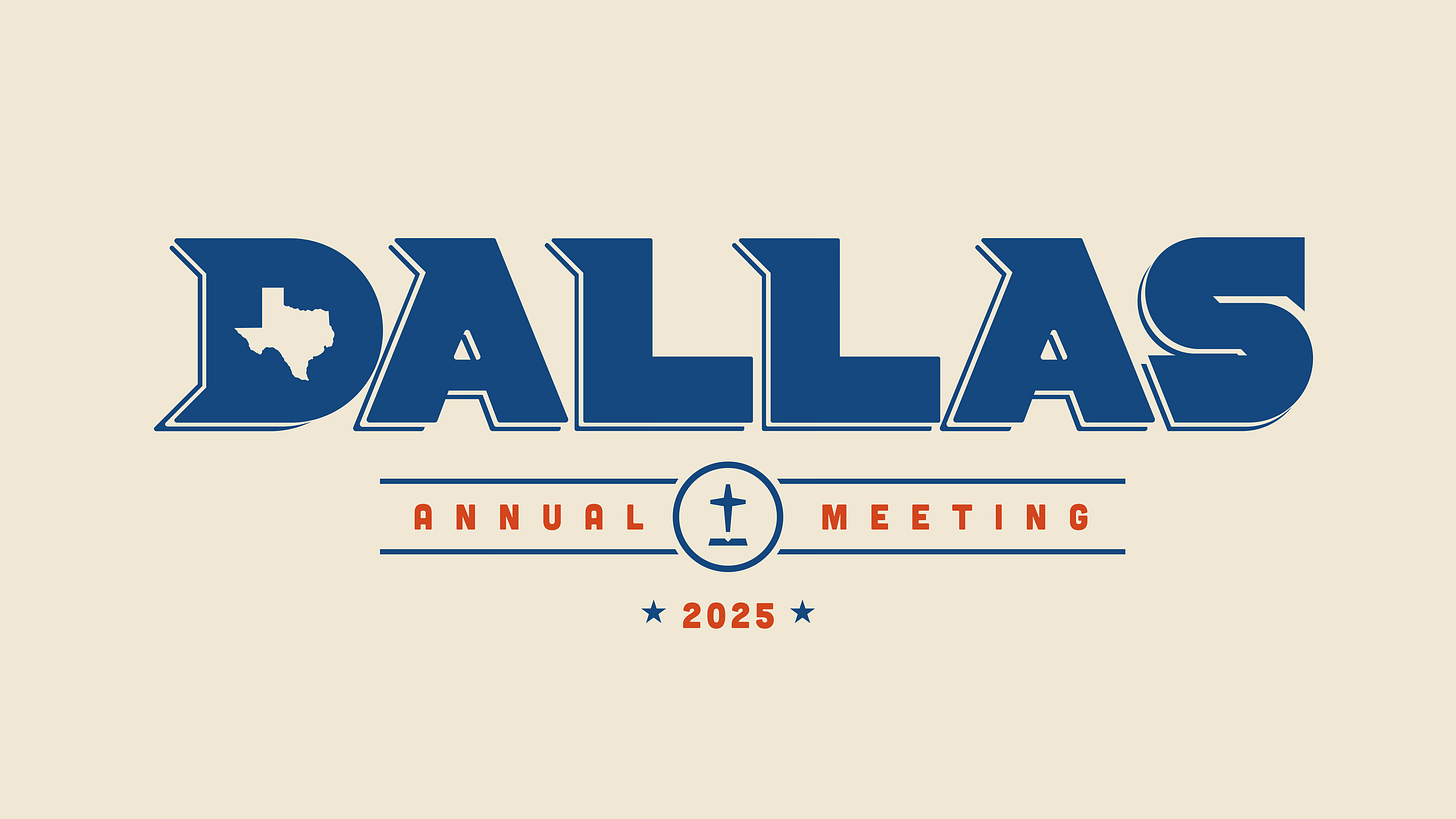Reflections on the SBC 2025
A speedboat vs an aircraft carrier
This was my second year to attend the annual meeting of the Southern Baptist Convention. You can read my reflections from last year (my first experience) here:
What was 2025’s annual meeting like?
Mich…



